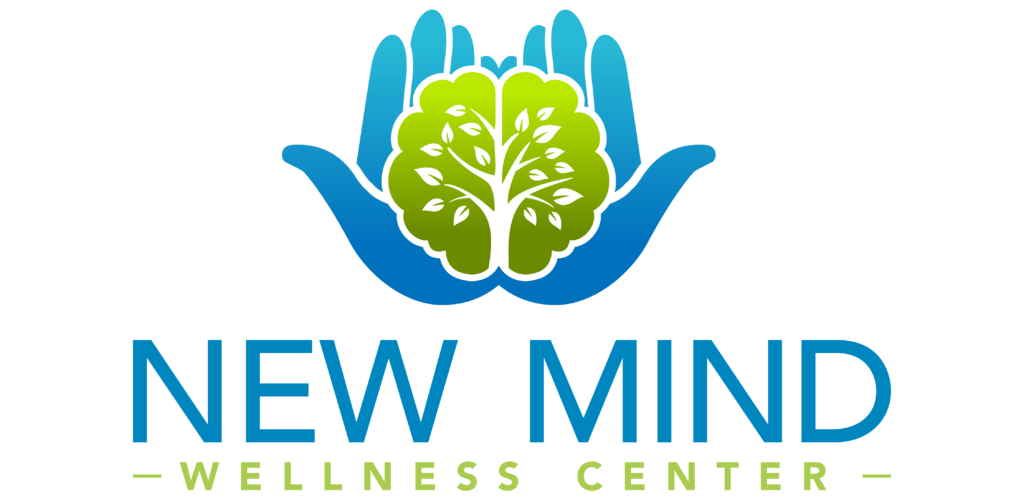Home » Mental Health Self-Assessments » ACES Childhood Trauma Test
ACES Childhood Trauma Test
Call us today or visit our admissions page to get started.

Home » Mental Health Self-Assessments » ACES Childhood Trauma Test
Early Traumatic Experiences
Call us today or visit our admissions page to get started.

Table of Contents
- What is a Childhood Trauma Test?
- How Do I Know I Have Childhood Trauma?
- Understanding Your ACES Score
- How Common is Childhood Trauma?
- Causes of Childhood Trauma
- Childhood Trauma Test and Mental Health
- Symptoms of Unresolved Childhood Trauma
- How Long Does it Take to Heal from Childhood Trauma?
- How is Childhood Trauma Treated?
Begin Mental Health Treatment in Philadelphia Today
Children are often told that being young is the best time of their lives. However, this is not true for millions of kids. Children who suffer from trauma experience a hit to their self-esteem, their emotions, and often their physical health. They become unable to develop a sense of trust and are often afraid in multiple situations.
New Mind Philadelphia understands that without treatment, a child who underwent trauma will become an adult with many issues and difficulties related to the lingering traumatic effects. Taking a Childhood Trauma Test helps people understand if they are impacted by trauma from when they were kids.
If so, this empowers them to find help and begin the healing process. Our outpatient programs offer people the chance to sort through what happened to them, put it to rest, and move on with their lives.
What is a Childhood Trauma Test?
The Childhood Trauma Test, aka the ACES Test, is used by mental health professionals to determine if an individual experienced trauma as a child. Adverse Childhood Experiences (ACEs) not only warp a child’s sense of reality and cause tremendous damage to them, if left untreated, the symptoms continue and worsen in adulthood.
Childhood trauma can occur as a one-time event or happen repeatedly over time. The ACEs test asks questions to help determine if a person is suffering from the after-effects of childhood trauma. The results can be discussed with a mental health counselor or a physician to see if a treatment plan should be developed.
How Do I Know I Have Childhood Trauma?
When taking the Childhood Trauma Test, answer each question honestly. Think about actions that happened during childhood, even if the memories are not concrete. Consider your emotions during these times when answering the questions. The results will help determine if you experienced trauma when you were a kid.
Understanding Your ACES Score
The results of the test are best discussed with your doctor or a mental health professional. The doctor or therapist can ask any additional questions they have to help determine if you qualify for trauma-based treatment.
How Common is Childhood Trauma?
Because childhood trauma is often kept quiet, many people don’t know that a family member, friend, or schoolmate has experienced it. Data from the Centers for Disease Control and Prevention (CDC) shows that nearly two in three U.S. adults were the victim of at least one incident of childhood trauma at age 17 or younger. As well, 17.3% of adults endured four or more different types of adverse childhood experiences.
Many do not seek help and wind up facing the challenges of untreated trauma in their adulthood. Keep in mind, the statistics likely reflect a lower number of incidents than actually happened. This is because many times the trauma is never reported or the individual does not recognize they experienced it.
Begin Mental Health Treatment Today
New Mind Wellness is a leader in the provision of mental health treatment in Pennsylvania. If you or a loved one are struggling with mental illness, reach out to us today or verify your insurance now.
Causes of Childhood Trauma
The Childhood Trauma Test uncovers actions that happened to a person that qualify as traumatic events. Not every child who endures trauma will end up with a trauma-based mental illness, but many do. The following are several things that can cause trauma in a child:
- Being neglected
- Sexual, emotional, or physical abuse
- Living in several foster homes
- Witnessing the abuse of others, including caretakers and other family members
- Extreme poverty
- Homelessness
- Activities done by the military, including during wartime
- Surviving a natural disaster (hurricanes, tornados, etc.)
- School shootings or other community violence
Childhood Trauma Test and Mental Health
Once a child who endured trauma grows up, they often feel that the past stays in the past, and that they should just move on from what happened. Unfortunately, untreated trauma moves into adulthood with a person and causes some of the same symptoms. It can also cause a person to develop a mental health disorder. They may end up having an anxiety disorder, post-traumatic stress disorder (PTSD), depression, and other mental illnesses.
Taking the Childhood Trauma Test is a way to help treatment professionals understand if a person’s mental health became compromised due to abuse suffered years or even decades ago.
Symptoms of Unresolved Childhood Trauma
The after-effects of trauma can last long into adulthood. Even if the individual does not recognize why they feel or act a certain way, the trauma can still damage their lives. Symptoms of unresolved childhood trauma to look for include:
- Abusing drugs or alcohol
- Difficulty forming meaningful, long-term relationships
- Cannot easily develop trust in others
- The presence of a mental health disorder, such as PTSD, anxiety, or depression
- Difficulty thinking clearly, making decisions, or remembering things
- Flashbacks
- Feelings of desperation and low self-worth
- Self-harming
- Headaches, nausea, diarrhea, and other medical ailments with no explanation
How Long Does it Take to Heal from Childhood Trauma?
When someone carries trauma that goes untreated for multiple years or decades, they will need specialized treatment. How long it takes depends on a few factors. Things that affect treatment time include how severe the trauma was and how often it happened. As well, how often a person attends treatment sessions makes a difference.
Consistent treatment for 60 days or longer can give a person real grounding in understanding their past and beginning to move past it. They can then continue with treatment that requires fewer sessions per month and helps them cement their success in healing.
How is Childhood Trauma Treated?
If the results a person got from taking the Childhood Trauma Test indicate they need treatment, many options exist. A combination of two or more therapies provides the best results so the person has a well-rounded approach to healing their past trauma. Options to help treat unresolved childhood trauma include:
- Individual therapy
- Holistic therapy
- Group therapy
- Red light therapy
- Eye Movement Desensitization and Reprocessing (EMDR)
- Psychiatry
- Genetic testing
- Family Therapy
Prescription medications can also ease the symptoms of trauma.
Begin Treatment for Childhood Trauma in Philadelphia
Did you take our childhood trauma test and want to discuss your results with a professional? New Mind Philadelphia is happy to speak with you about how trauma has impacted your life from childhood through current day. We offer compassionate and effective care through our outpatient programs. Our skilled therapy team understands the devastation trauma causes and knows how to equip you with the skills to overcome its effects. We also offer access to prescription medications to help ease symptoms that happen due to trauma-related mental health disorders.
Contact us today and find out how easy it is to get started in one of our programs. Trauma no longer has to rule your life. Let us show you how to embrace peace of mind and move forward with your life.

